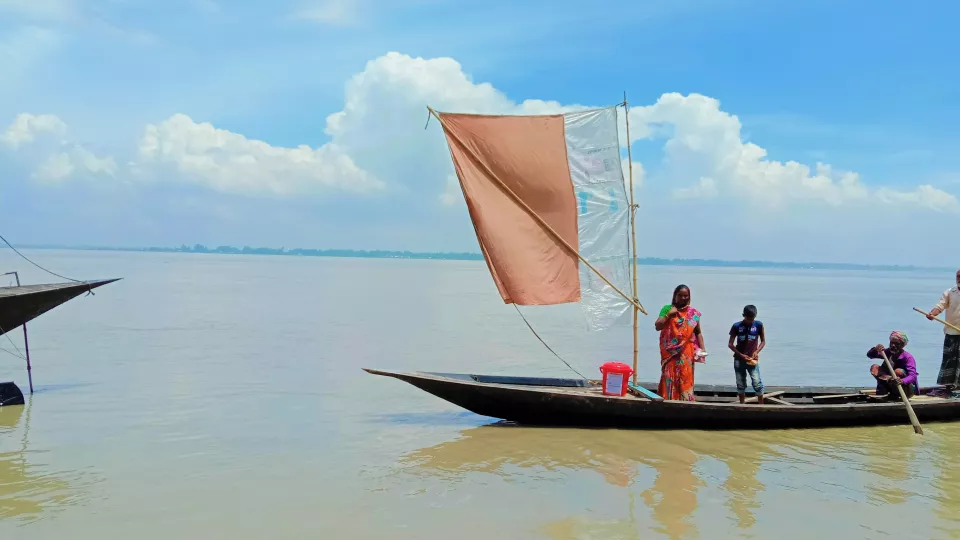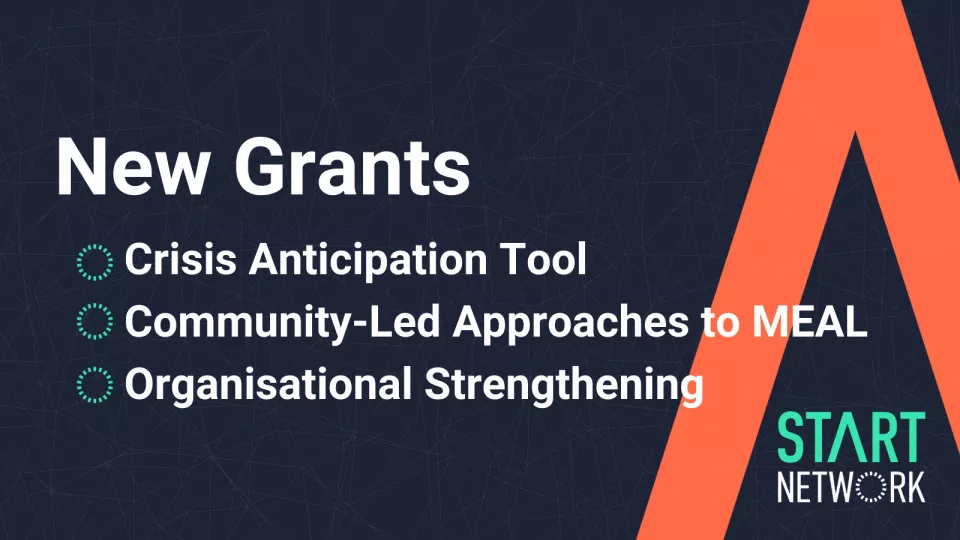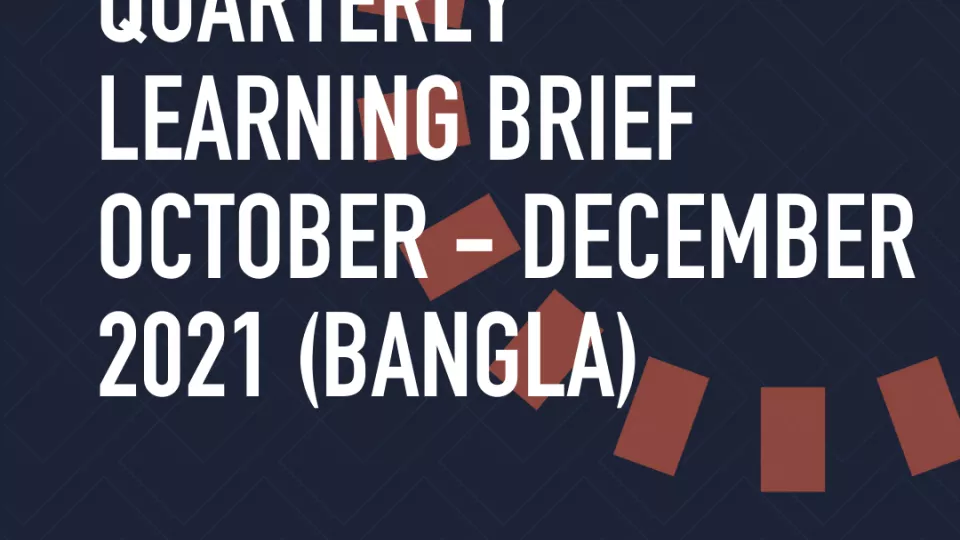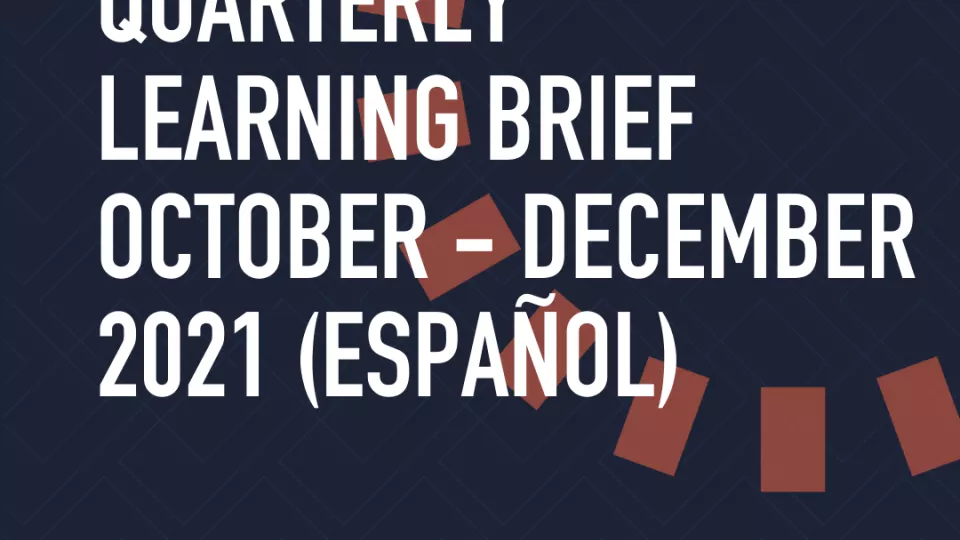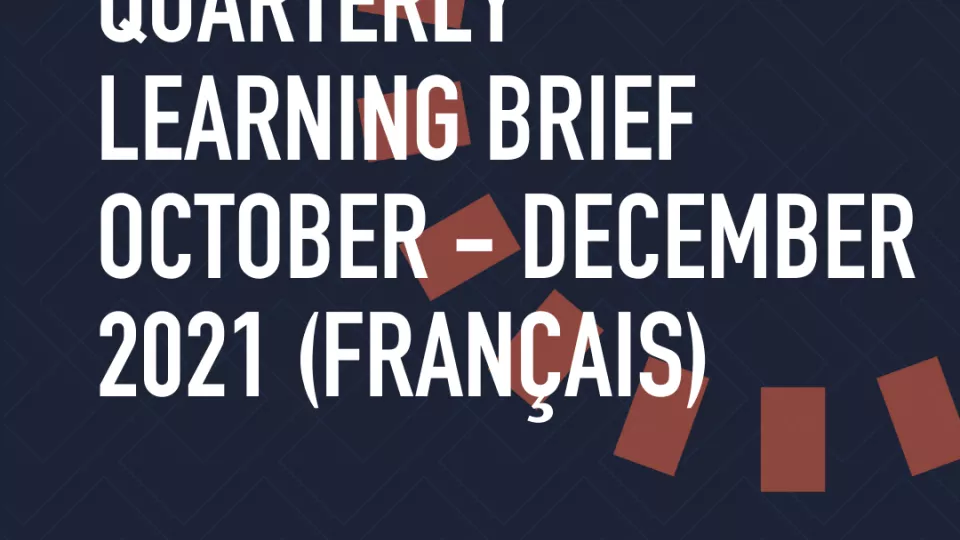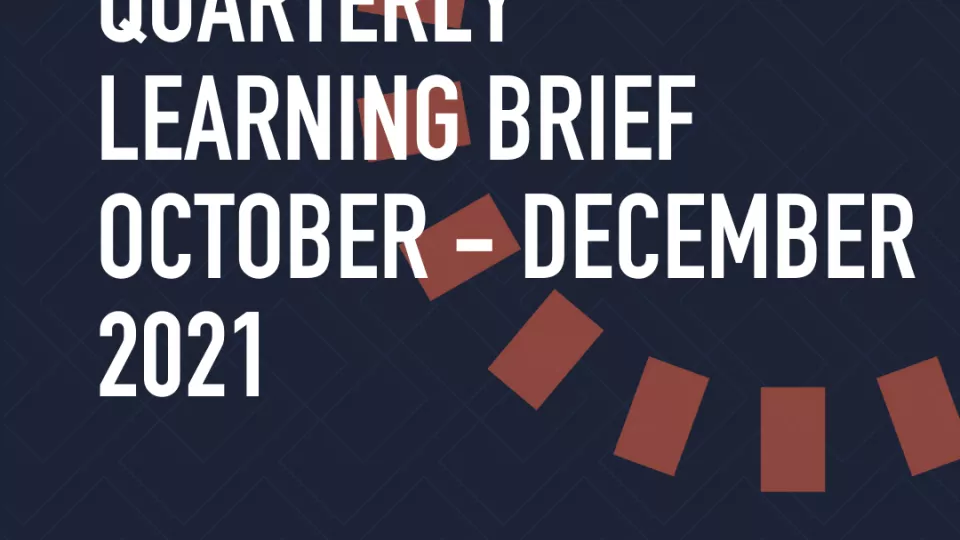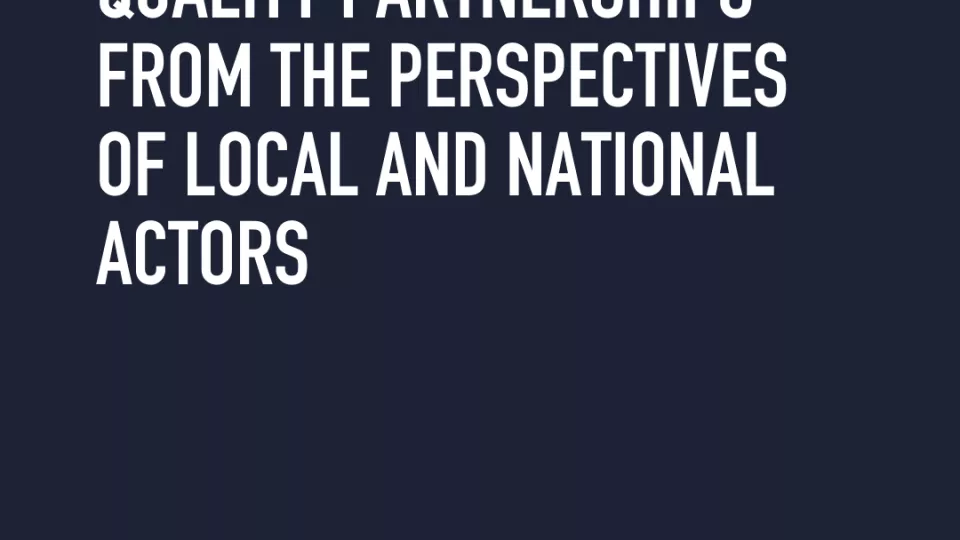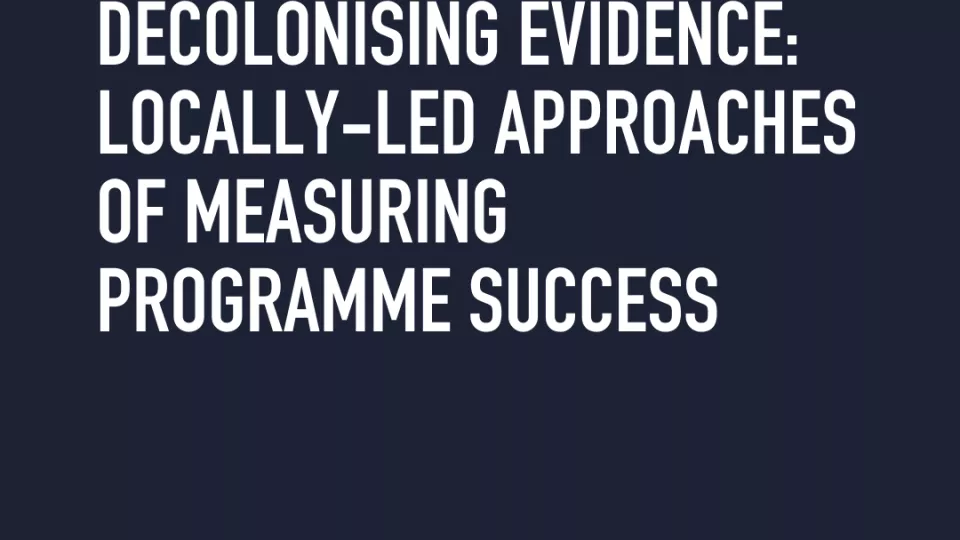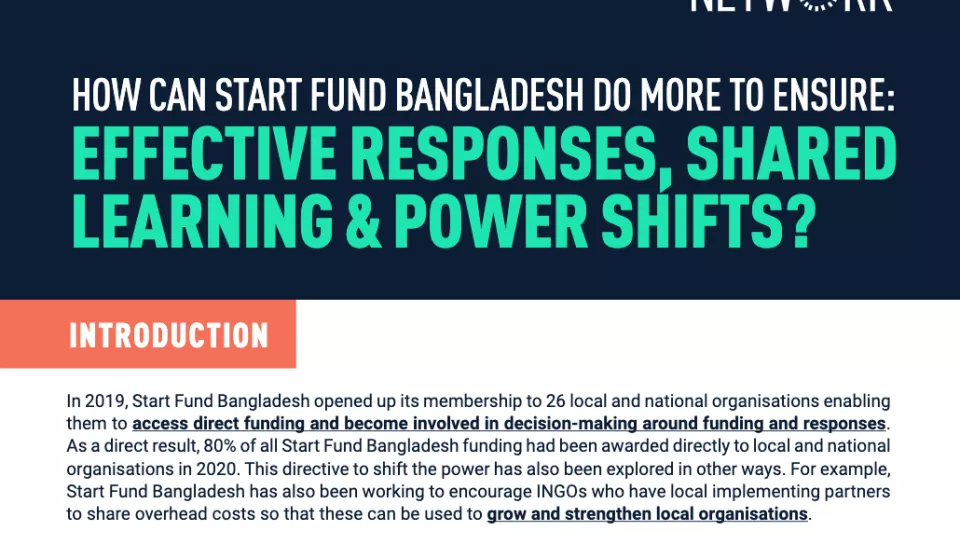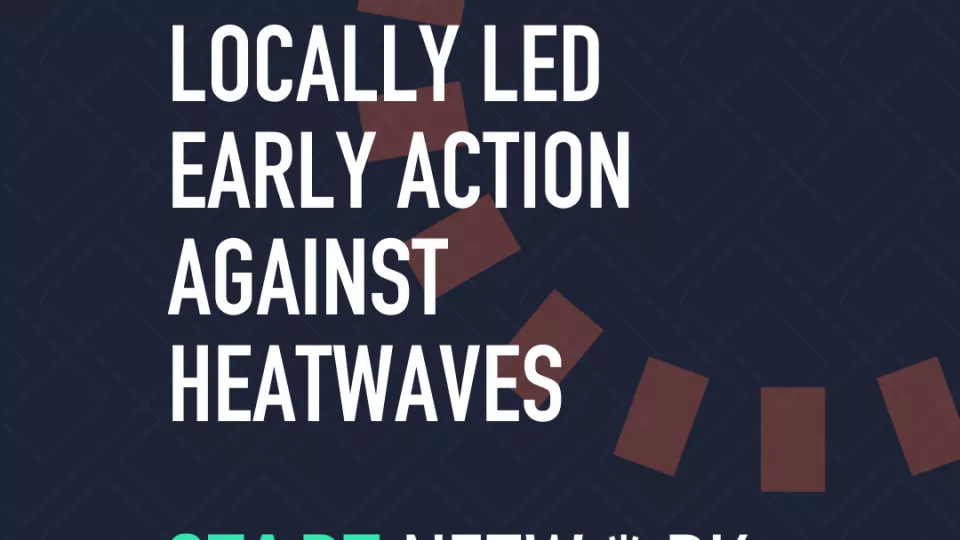
Evaluating locally led early action against heatwaves
In June 2021, Bright Star Development Society Balochistan (also known as BSDSB or Bright Star) were funded to assist in mitigating against the anticipated heatwave in Sibi (Pakistan). In this locally-led anticipatory action response Bright Star provided behaviour messaging in addition to "cooling facilities" with cold water and a place to rest. This paper summarises some of the evidence and learning from an evaluation of this response.

